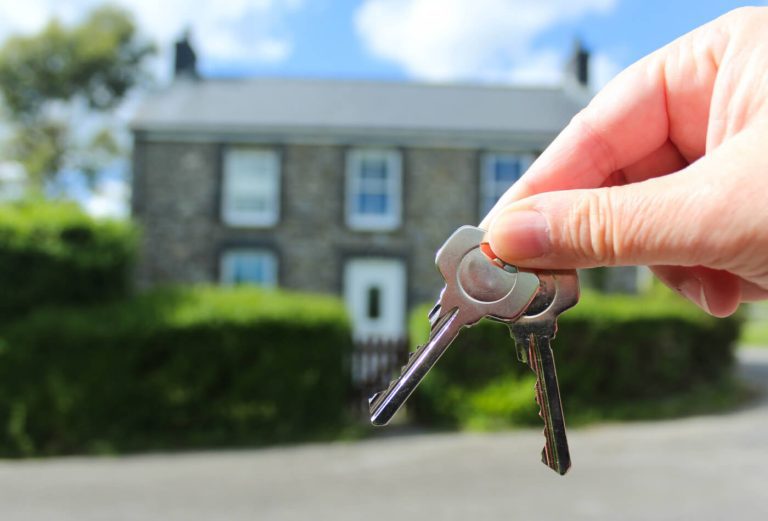Stressed, overly anxious or subconsciously scared? Naturally, the “new normal” has come with a flood of negative emotions. For many of us, this has led to successive sleepless nights, weighing down on us throughout the day. As we adapt to life under lockdown, working from home, being separated from friends and family. Insomnia isn’t another issue that we want to be struggling with during this time. So, in light of the COVID-19 pandemic, these are the five top tips compiled for you to finally get a good night’s rest. Tip 1: Wind Down Before Bed Reduce Screen Time Technology usage has reached an all-time high since the onset of lockdown. However, for those struggling with sleeping soundly, using your phone, laptop or TV right before bed can be especially disruptive. Take mitigative steps like reducing screen brightness or using a blue light filter. If possible, aim to avoid all electronic devices that emit blue light 1-2 hours before sleep. Listen to Peaceful Podcasts and/or Music Now that you have extra time on your hands, create a calming quarantine-inspired bedtime ritual to relax and clear your head. With social media, 24/7 breaking news and the current blur between home and work life, our brains have become accustomed to – maybe even crave – constant stimulation. Practising mindfulness before bed by listening to soothing podcasts and/or music will help you enter the right headspace to unwind and eventually fall asleep. Tip 2: Develop a Comfortable Sleep Environment Control Room Temperature Temperature is crucial when it comes to getting a good night’s sleep. Now that it’s summer, being too hot will unsurprisingly interfere with sleep quality. Research shows that most people get their optimal rest at a temperature of 16-19 degrees Celsius. So, if your bedroom doesn’t come equipped with an air conditioner, a high-quality fan is a smart investment. If you also sleep with a partner who has a different temperature preference, having separate duvets can help you both get the rest you deserve. Reserve Your Bed for Sleep and Sex During the lockdown, many of us have found various uses for our bed, be it a substitute for a workstation or lounging area. However, saving this space for sleep and sex will help you get the eight recommended hours of rest by allowing your mind to associate the bedroom with sleeping rather than daytime activities. Reduce Noise Quarantine has given many of us a reason to spend more time with family. Nevertheless, a busy household is less than ideal when it comes to unwinding. Any sound at all can distract your brain from falling asleep so minimising noise is essential. Close your door and windows to reduce excessive sound from crowding your bedroom. Noise-cancelling earplugs or even headphones have also proven to help noise-sensitive sleepers. Turn Off the Light Unfortunately, it’s not only blue light that can throw your brain off sleeping. With summer here, the days have gotten longer. Use your bedroom curtains or blinds to block out sunlight so that your brain knows it’s time to sleep. You also won’t wake up prematurely at the crack of dawn. Tip 3: Use CBD With COVID-19 ravaging our health services, visiting the doctor seems unnecessary when there are plenty of natural remedies. A recent alternative healthcare product that has established itself as a favourite amongst restless sleepers is CBD. Unlike other natural supplements like melatonin or lavender that only tend to combat one aspect of insomnia, CBD can help to address the causes of insomnia like stress and anxiety, as well as help you fall asleep faster and stay asleep during the night. Proven popular for its versatility, CBD can be taken as a drink, spray, cream, balm, body oil, snack or capsule to just name a few! A CBD facial mist will leave you with a sense of freshness, serenity and calm. Though the days have seemingly blurred into one during the lockdown, don’t forget your self-care Sunday! Pamper yourself with a CBD oil for a full body massage or a CBD-infused bath bomb so that you wake up feeling not only relaxed but brand new. Tip 4: Control Food and Liquid Intake It’s no wonder that many of us have gained a few pounds since being stuck inside in very close proximity to the kitchen. Fighting off the urge to constantly snack is harder than it seems! Nevertheless, avoiding food and drink a few hours before bed can help you fall asleep faster, as well as stay asleep. Eating a large meal late at night can inadvertently spike your hormone levels so your brain struggles to switch off, whereas drinking too much can lead to excessive trips to the toilet mid-sleep. In particular, try to avoid alcohol, caffeine and excessive sugar consumption before bed to ensure that your hormones levels remain balanced. Tip 5: Establish a Healthy Sleep Cycle Quarantine surely has taken our sleeping patterns for a tailspin. Staying up till 2 am and sleeping in till noon has become routine for many under-25s. It’s no wonder that our body clock has no idea what’s going on! Try to wake up and go to bed at a reasonable hour and at the same time each day. Establishing a stable rhythm will help you fall asleep and wake up easier. Though gyms are currently closed, any form of exercise during the day will help maintain your sleep schedule. Nonetheless, avoid exercising too late as the rush of endorphins can prove detrimental to your sleep. Also Hardcore Videos may help with sleep, so watching prior to going to bed will help with the central nervous system. It may be that you only need one or a combination of these tips but hopefully this guide will have you feeling energised, positive and well-rested in no time – despite the current circumstances! And remember that whatever way you’re adapting to the new normal, it’s completely natural to feel out of your depths.













